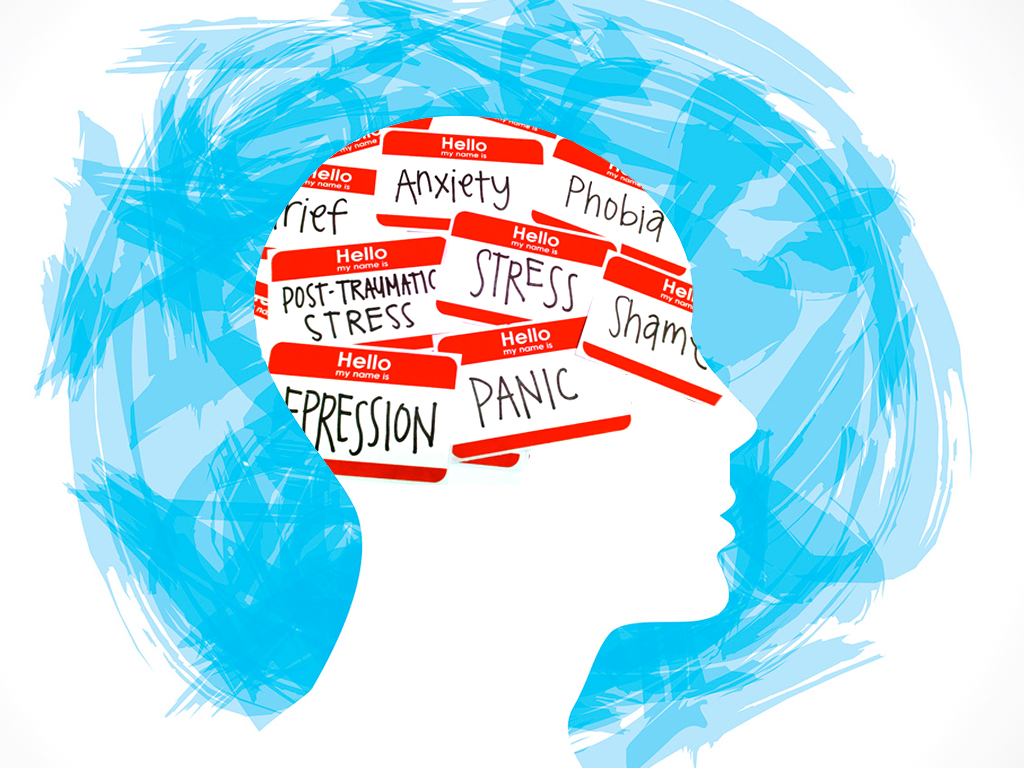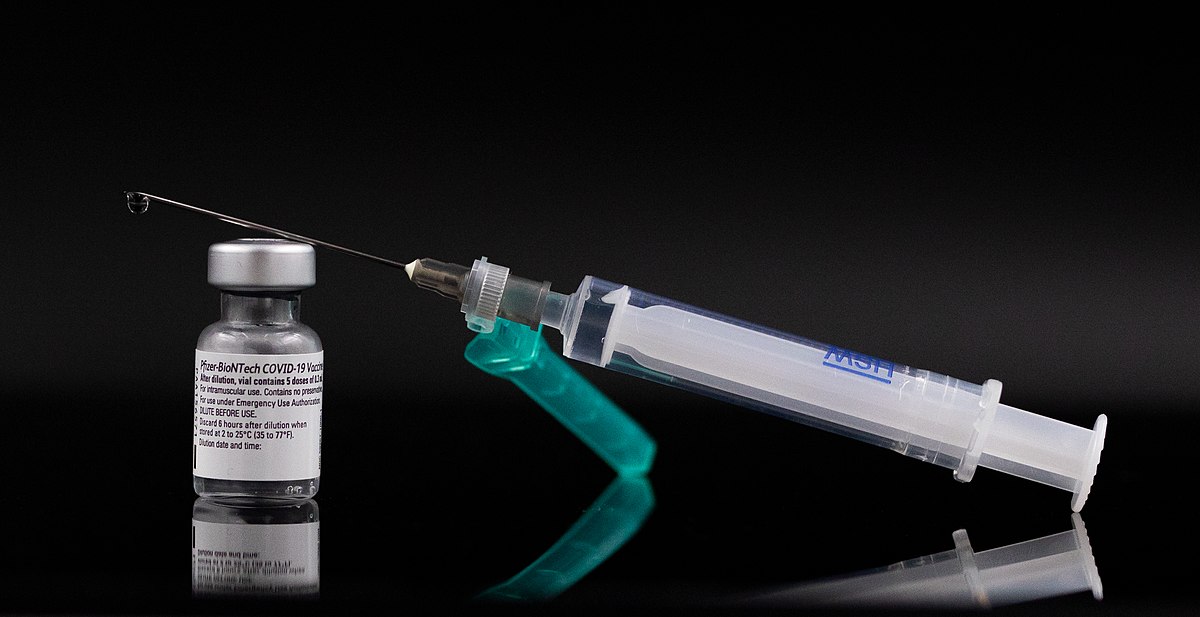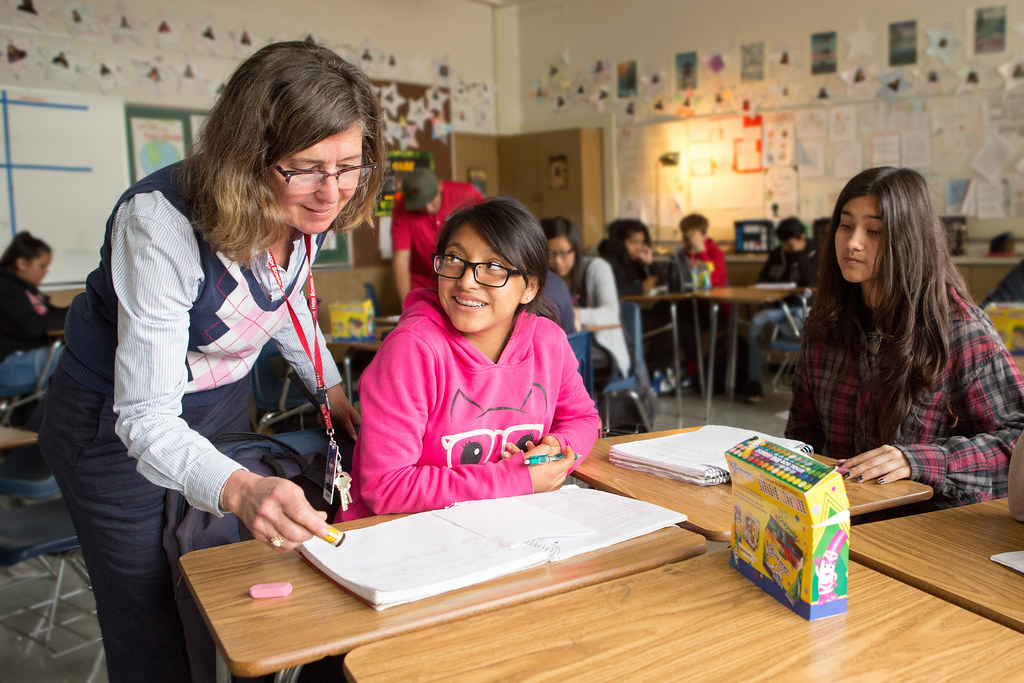
The Mental Health of Kids
By: Avery Contreras
Edited by: Getsemani Prieto-Vazquez
Having poor mental health can affect children in numerous ways. Poor mental health can affect a child’s behavior, education, socialization, happiness, etc. The four most common mental illnesses in children are ADHD (Attention Deficit Hyperactivity Disorder), behavioral problems, depression, and anxiety. 9.4% of children between the age range of 2-17 years (approximately 6.1 million) have received an ADHD diagnosis. 7.4% of children in the age range of 3-17 years (approximately 4.5 million) have a diagnosed behavior problem. 3.2% of children that are between 3 and 17 years (approximately 1.9 million) have diagnosed depression. 7.1% of children aged 3-17 years (approximately 4.4 million) have diagnosed anxiety. Most of these conditions commonly occur together.
ADHD
ADHD is a serious public health problem that is common in children and continues throughout adulthood. It is normal when a child has trouble focusing and behaving from time to time. However, children with ADHD don’t grow out of these behaviors. The symptoms continue, can be severe, and can cause difficulty at school, at home, or with friends. Some signs of ADHD are loss of sleep, daydreaming a lot, squirming or fidgeting, forgetting or losing a lot of things, talking too much, having a hard time focusing, etc. Treatment for ADHD costs a significant amount of money. In the United States, researchers estimated $31.6 billion is the combined cost for health care. ADHD can be a very problematic disease for children at school or even other places.
Behavioral Problems
Children usually argue, get angry, or get aggressive, and that is completely normal. But behavioral problems are when these same actions occur in adults or even teens. When children act out like this it can cause problems at home, at school, or with peers and friends. They may also be diagnosed with ODD (Oppositional Defiant Disorder). Some of the signs that a child may have ODD or behavioral problems is if they are often angry and lose their temper. Often arguing with adults or refusing to comply with adults’ rules or requests are some signs of behavioral problems. Often resigning or being spiteful towards others, deliberately annoying others or becoming annoyed with others, and often blaming other people for one’s own mistakes or misbehavior can be classified as behavioral problems. ODD or Behavioral problems often start before year 8. Behavioral problems can cause problems for a kid’s future.
Depression
Depression is a feeling of sadness, despair, hopelessness, guilt, worthlessness, and dejection. All children are going to have these feelings sometimes, for it is a part of everyone’s life. However, if these feelings are very persistent, a child may be diagnosed with depression. Behaviors often seen in children with depression are, not wanting to do or enjoy doing fun things. Showing changes in eating patterns, either eating a lot more or a lot less than usual. Showing changes in sleep patterns either sleeping a lot more or a lot less than normal. Showing changes in energy such as being tired, sluggish, and unmotivated, or tense and restless a lot of the time. Depression symptoms can also include having a hard time paying attention, or also showing self-injury and self-destructive behavior. Extreme depression can lead a child to think about suicide or plan for suicide. For youth ages 10-24 years, suicide is among the leading causes of death. The best treatment for depression is to talk with the child’s healthcare provider. Consultation with a health provider can help determine if medication should be part of the treatment. A mental health professional can develop a therapy plan that works best for the child and family. Depression may also cause a child to act out or cause trouble in hope to cover up their helpless thoughts and feelings. Most children may not seem sad, but you never know what a child is going through.
Anxiety
There are many different variations of anxiety disorders, but the most common type is GAD (General Anxiety Disorder). The main symptom of GAD is excessive worrying about upcoming events, the future, and bad things happening. When a child has so many fears, thoughts, and worries, they interfere with school, home, or play activities. Other Anxiety disorders include separation anxiety, when a child is very afraid when away from parents. Phobias, having extreme fear about a specific thing or situation, such as dogs, insects, or going to the doctor. Social anxiety is being very afraid of school and other places where there are people. A panic disorder is having repeated episodes of sudden, unexpected, intense fear that come with symptoms like heart pounding, having trouble breathing, or feeling dizzy, shaky, or sweaty. (Also known as having panic attacks). Much like depression, children tend to keep their thoughts and worries to themselves, then symptoms can be skipped over. Symptoms include, trouble sleeping, excessive uneasiness, as well as physical symptoms like fatigue, headaches, or stomachaches. Anxiety is the nauseous feeling that occurs before a big game or before having a huge test. Overall anxiety causes kids to worry way too much about the future and other things.
If not given the correct attention, poor mental health can affect a child’s life immensely. These mental illnesses can affect how well kids do in school and how they form relationships with other kids and adults. Children's emotional wellbeing is just as important as their physical health. Good mental health will help them to cope with whatever life throws at them and grow into healthy adults. Every child’s mental health matters and deserves the right attention.



